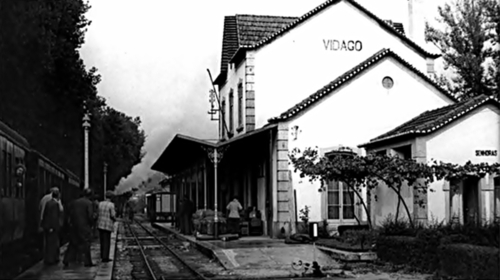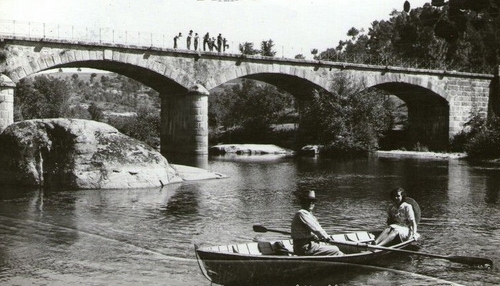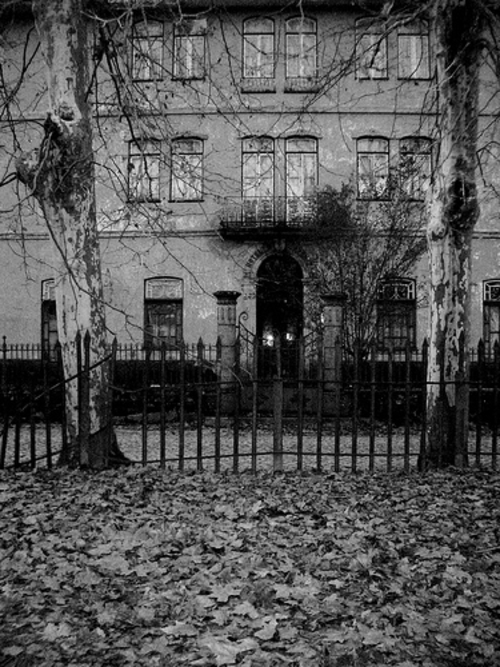"I'm sorry if I seem insistent, but I can't forget a big love"
Directed by João Costa Menezes
Genre: Musical
And it starts like this...
VILA DA FEIRA 1972. EXT. NIGHT
There is folk dancing, thousands of pilgrims, tents, folk bands and fado.
On a stage, a folk band plays popular Portuguese music and hundreds of people dance, lifting up dust .
A group of young people dressed in folk costumes dance, very happy.
A young man watches with particular interest a young woman on that group. She looks at him and they smile at each other.
The young man and the young woman are now running on a street. He chases her; she challenges him.
LUCÍLIA and MARCELO, the two young couple, are now dancing alone, on a street far from the festivities. We can still hear the music. It's a joyfull music, but they are dancing tight, at a slower tempo. He has a photographic camera hanged by his neck.
MARCELO
A kiss, Cila, it's all I ask.
LUCÍLIA
It's too soon for that, Marcelo. And even... I don't know if I want.
MARCELO grabs LUCÍLIA by the waist and holds her against a wooden gate.
MARCELO
Now hold still...
You're beautiful and I can, when I'm gone, kiss the photo as many times as I want...
LUCÍLIA poses in front of the gate.
The photo will be black & white, but MARCELO will always remember the colour of LUCÍLIA and everything about that day.
Driven by passion, and in that clima of joyfullness, it would be very difficult to resist. But it wouldnt be then that the lips and the tongues of the two lovers would meet.


